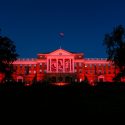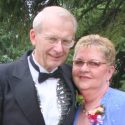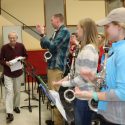CLI Spring Open House celebrates leadership development
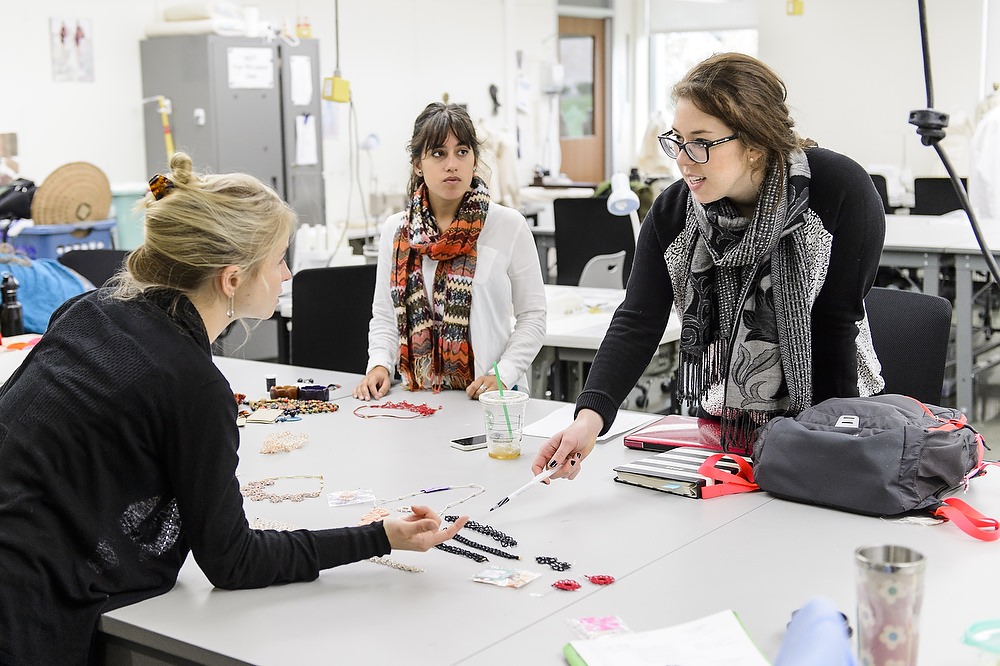
Students work during a Design Studies 501 class in the School of Human Ecology. SoHE’s implementation of the CLI Leadership Framework has directly benefited students, faculty and staff. Photo: Bryce Richter
In its five years on campus, the Coordinated Leadership Initiative (CLI) has positively impacted curriculum, student organizations and employee engagement.
CLI will host a Spring Open House to celebrate leadership development across campus on Wednesday, May 4, from 2 to 4 p.m. in the Orchard View Room on the third floor of the Discovery Building.
The event, which is open to all, aims to highlight the exceptional leadership development efforts of campus partners. Two notable examples are the School of Human Ecology (SoHE) and the Office of Student-Athlete Development (OSAD), within the Division of Intercollegiate Athletics, which have taken comprehensive, strategic approaches to implementing a research-based Leadership Framework.
“By working towards the Leadership Certificate and being an active member on my team’s Leadership Council, I can work towards being a better, more positive leader both for my team and for myself.”
Max Reynolds
SoHE’s implementation of the framework has directly benefited students, faculty and staff. SoHE’s stated commitment to improving the quality of people’s lives and solving life’s oldest problems aligns with the core tenet of the framework — supporting leadership for the purpose of positive change. Throughout the past year, SoHE has infused leadership development into retreats for staff and faculty, incorporated leadership outcomes into course curricula for undergraduate and graduate students, and encouraged ongoing employee development through a focus on coaching and feedback skills.
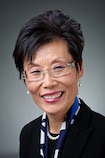
Soyeon Shim
“The UW–Madison Leadership Framework has been a valuable tool for the School of Human Ecology, from the coaching and feedback sessions in our all-school faculty and staff retreat to the full curriculum redesign in our Communities and Nonprofit Leadership undergraduate program,” says Dean Soyeon Shim. “In addition, we’ve discovered that the framework and its accompanying materials are very accessible to our team as well as our campus staff and students.”
OSAD has adopted the framework through a variety of programming — primarily in service to student-athletes. Examples include the Life Skills Academy course required for all first year student-athletes, the Student-Athlete Advisory Committee, the Peer Leadership and Leadership Development for Young Professionals courses, and a partnership with the Center for Leadership & Involvement on the Leadership Certificate.
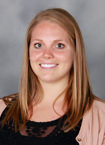
Brittany McGowan
“Every single student-athlete on our varsity sports teams hears about UW–Madison’s Leadership Framework during their first semester of college,” says Brittany McGowan, an OSAD student-athlete development coordinator. “Each program, event, or workshop to follow, including our individual meetings with student-athletes, reiterates the framework competencies they are learning.”
Haleigh Nelson, junior captain on the volleyball team, has participated in many programs. She says the framework “defines areas of leadership we must practice and improve every day on our athletic teams and in student organizations like SAAC in order to be strong leaders and role models in our community and our future careers.”
“By working towards the Leadership Certificate and being an active member on my team’s Leadership Council, I can work towards being a better, more positive leader both for my team and for myself,” says Max Reynolds, a sophomore on the men’s swimming and diving team.
“Effective leadership cannot be a mandate. It is a skill that needs to be practiced over and over to build ‘muscle memory,’ individually and as a collective.”
Soyeon Shim
The framework “helps our office structure developmental programming for student-athletes, keeps our messaging consistent across the athletic department, and most importantly, helps our student-athletes recognize the transferable leadership skills they are learning through their involvement,” McGowan says.
The Coordinated Leadership Initiative recognizes the ongoing journey of leadership development and invites everyone to continue the learning process.
“Effective leadership cannot be a mandate,” says Shim. “It is a skill that needs to be practiced over and over to build ‘muscle memory,’ individually and as a collective. I strongly believe that it’s our responsibility as leaders, to provide our teams with opportunities to discover and reflect on their style, strengths and to support ongoing professional development.”

